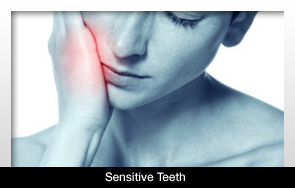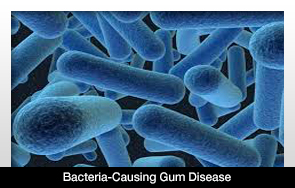 |
There may be a reason why some people have some kind of sharp pain after eating some hot or cold food.
One out of every eight people has oversensitive teeth. The recent study showed that younger adults, women, and people with receding gums were most at risk for sensitive teeth.
The study was conducted by a University of Washington team. The information appeared in the Journal of the American Dental Association.
It showed that the pain came in stretches of days at a time and sometimes weeks at a time before going away.
Sensitive teeth stem from when the enamel on the outside of the tooth or tissue between the teeth wears away. Small tubes that connect the nerves are then vulnerable.
There were 787 adults surveyed for this study from 37 general practices.
Dentists taking part in the study asked their patients if they had recently experience any kind of pain, sensitivity or discomfort in their teeth or gums. The dentist then examined the patient to confirm the condition. There were 12 percent of patients that clearly had tooth sensitivity that didn’t stem from any other issue.
Earlier studies on this subject had wide-ranging conclusions. Some studies showed that only 1 percent of people suffered from tooth sensitivity while some studies have shown that 52 percent of patients have sensitive teeth.
This study wasn’t diverse, however, with 82 percent of the participants being white. It’s conceivable that the numbers may differ among other racial groups.
Another conclusion from this study was that people ages 18 through 44 were 3.5 times more likely to have sensitive teeth because the dentin gets stronger as people age. Also, women were 1.5 times more likely to have sensitive teeth than men. Receding gums and utilizing at-home whitening products also increased tooth sensitivity.










